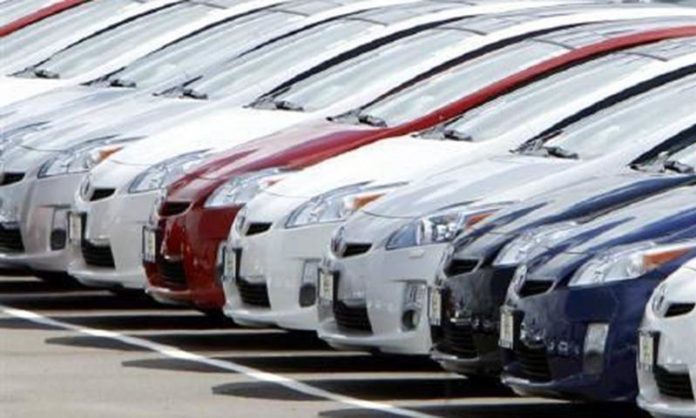ISLAMABAD: As Pakistan prepares to allow the commercial import of used vehicles up to five years old starting from September 1, 2025, the Ministry of Commerce and relevant government institutions are facing an unexpected but serious challenge: there is currently no legal authority or institutional setup to inspect or certify the quality and roadworthiness of these vehicles before they enter the Pakistani market.
The new import regime, announced as part of the Budget 2025–26, opens the doors for commercial import of used vehicles with an initial 40 percent additional import tariff, gradually reducing to zero over the next four years. The move, backed by the Federal Board of Revenue (FBR), aims to boost revenue and consumer choice but has inadvertently exposed a critical regulatory gap.
According to sources, a recent high-level meeting convened by the Ministry of Commerce with stakeholders, including customs officials, auto sector representatives, and regulatory agencies, ended without a resolution on who will oversee the technical inspection and quality certification of these incoming vehicles. “There is currently no institution legally empowered or equipped to check the standards of used vehicles imported into Pakistan,” a senior official told this scribe.
While the Pakistan Standards and Quality Control Authority (PSQCA) is the country’s only legally recognized standards body, it does not have the mandate to inspect used or second-hand items, including automobiles. Its jurisdiction is limited to setting and verifying standards for new and locally manufactured products. Additionally, PSQCA lacks the labs, tools, and technical capacity to deal with the complex assessment of used or refurbished vehicles.
The Engineering Development Board (EDB), which recently came under fire for attempting to assume vehicle standardization authority through the proposed Motor Vehicles Industry Development Act, 2025, also lacks any legal jurisdiction or technical setup to inspect pre-owned imported vehicles. Its role, historically limited to policy support and industrial facilitation, does not extend to post-production inspections or certification.
This regulatory void has become a new administrative and systemic headache for the Ministry of Commerce, especially as the deadline for allowing five-year-old vehicles draws closer. “The SRO for allowing these imports has to be issued by the Ministry,” said one source, “but they don’t yet know who will inspect these vehicles for safety, emissions, or compliance before they are cleared into the market.”
The government has justified this shift in policy by pointing to increased revenue potential and consumer choice, with the FBR noting that used cars have been a source of consistent public demand. Moreover, the International Monetary Fund (IMF) has reportedly given its No Objection Certificate (NOC) for this move as part of broader trade liberalization reforms.
Still, the lack of inspection oversight presents environmental, safety, and quality risks. The stated goal of “ensuring imported used vehicles do not create environmental problems” appears difficult to enforce in absence of a designated authority. There are concerns that Pakistan may turn into a dumping ground for low-grade vehicles, especially without on-ground verification mechanisms in place.
Under the current import framework, overseas Pakistanis are allowed to import up to three-year-old used vehicles under the baggage scheme, gift scheme, and transfer of residence, but the new regime introduces commercial import on a larger scale. Interestingly, the government has resisted demands such as those raised by Senator Saleem Mandviwalla—to align baggage and commercial import policies, maintaining different rules and tax treatments for each stream.
Further complicating matters, the State Bank of Pakistan (SBP) is unlikely to facilitate foreign exchange remittances for the new car imports, citing liquidity and reserves concerns, leaving importers to find self-arranged forex, adding another operational hurdle.
As the countdown to September 2025 continues, the government’s policy ambition is outpacing institutional readiness. If a dedicated body is not designated soon, Pakistan may find itself with thousands of used cars entering the country without proper safety, emissions, or technical screening, a scenario that could undermine public safety, environmental commitments, and consumer trust.
A Commerce Ministry official acknowledged the urgency of the matter and said the Ministry is exploring possible short-term and long-term regulatory solutions.




